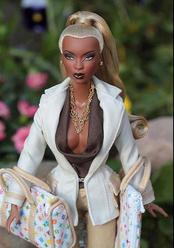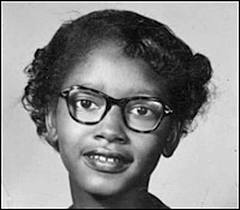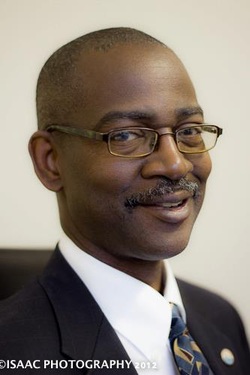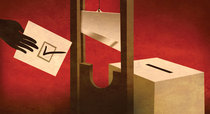 Voter suppression is real and in effect. Let's not think for one second that since the election is over attempts to suppress (or redirect) the vote have stopped. It appears to me that in today's politics if you can't win you can always try to change the rules for your benefit. Have we forgotten what we just went through during the last election? Voter suppression was in full swing. Changes to voter ID laws, gerrymandering, and changing of available registration days were just a few of the tactics used. All of this happened because we took our eye off of the ball. We allowed the obstructionists to gain control in the 2010 mid-term elections. In August 2012 I wrote: At least 180 restrictive bills were introduced since the beginning of 2011 in 41 states. There are approximately 47 bills currently pending in 12 states. Since the beginning of last year 24 laws and 2 executive actions in 19 states have been enacted. In the 2012 presidential election Barack Obama's margin of victory over Mitt Romney in the popular vote was close to five million votes. Obama garnered 332 electoral votes to Romney's 206. He surpassed by 62 votes the "magic number" of 270 electoral votes necessary to win the presidential election.
What would happen if the popular vote was neutralized by changing the way electoral votes are counted?
There's also an article entitled "Image of New Black Barbie Doll Sparks Outrage" the author writes: An image of a brown Barbie doll has surfaced on the Internet, causing people to question whether or not it is supposed to be the next African-American Barbie. The doll is sporting blonde hair, gold chains, cleavage, and two bags that are strikingly similar to the Louis Vuitton monogram multicolor collection. There is so much more to be learned and shared about these powerful, trailblazing women. Their contributions to the civil rights movement have for the most part gone unnoticed.
Sometimes decisions are made that have a pivotal effect on the direction of a movement and changes the course of history. These decisions should be debated but they should not be criticized. Unless we were there at the time we have no insight into how things really were and what was necessary at that time to start a movement.
Rosa Parks was not the first person to sit in the white section of a bus in Montgomery, Alabama. She was not the second person either. Rosa Parks was the sixth person and was chosen to represent the movement because she "fit the mode". The NAACP wanted to put a face to the Montgomery bus boycott that people could identify with. This article is not meant to demean or devalue the efforts of Rosa Parks or the decision to use her as the face of the boycott. This article is to acknowledge and celebrate the women who paved the way for the boycott to happen.  In January I posted my credo. One of the lines states: "I will challenge everything, question everything, and validate everything." Every so often something gets posted about someone that's not true and it goes viral unchecked. During the past election cycle there were posts flying through the internet stating that Mitt Romney said he "can relate to black people" because his ancestors once owned slaves. According to Snopes.com this statement was from a spoof article published by a satirical web site. The latest is the re-posting of a message attributed to Bill Cosby. This one seems to pop up every so often. My guess is since Bill Cosby is a well known and respected public figure someone thought that attributing these comments to him would lend some credibility to their right-wing agenda. Below is an excerpt from the post:
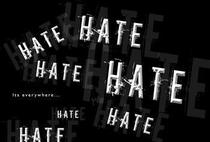 In an article from the New York Times Opinion Pages entitled "The Persistence of Racial Resentment". The writer explores the position that racial attitudes have changed under President Obama. He discusses the statistical contradiction that Obama performed better among white voters in 2008 and 2012 than the two previous white Democratic nominees yet the percentage of people holding anti-black attitudes have also increased. The article references the studies of political scientists Michael Tesler of Brown University and David O. Sears of UCLA. In their 2010 paper, “President Obama and the Growing Polarization of Partisan Attachments by Racial Attitudes and Race,” Tesler and Sears argue that "...Our evidence indicates that Obama activated older and more blatant forms of racial prejudice like old fashioned racism and anti-black affect even more powerfully. While both of these outdated attitudes were unrelated to party identification in the years and decades preceding the 2008 election, we show that they have become significantly linked to white partisanship in the age of Obama. Finally, we show that Obama substantially increased the black-white racial divide in both macro partisanship and in strength of Democratic identification." |
EditorErnest R. Heyward is the Founder and President of the Marketplace for Social Awareness and Social Responsibility Inc. Categories
All
Archives
June 2020
|
MARKETPLACE FOR SOCIAL AWARENESS AND SOCIAL RESPONSIBILITY INC.
